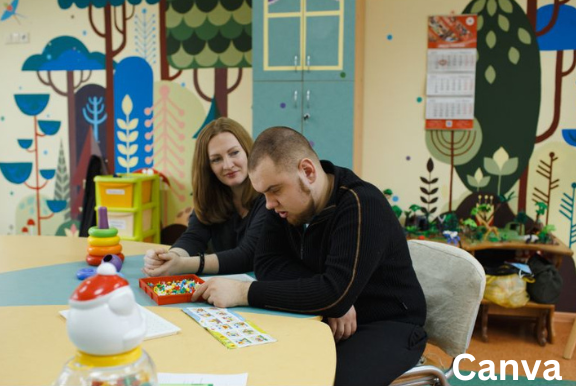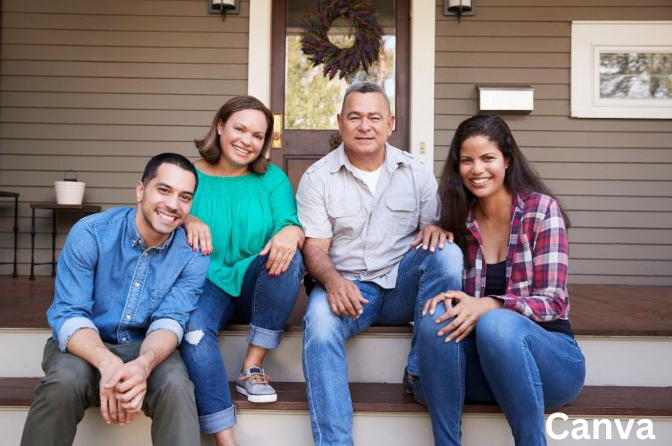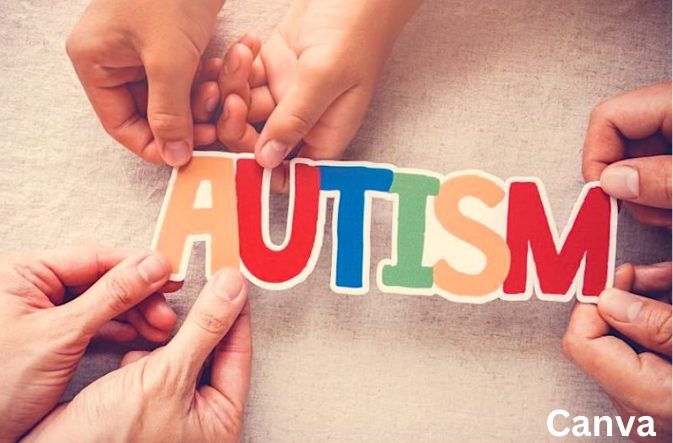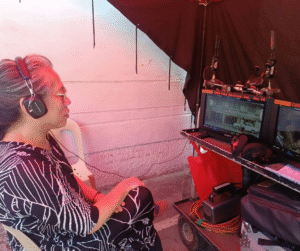Written in partnership with Fairmont Ltd
By William Crossley
Did you know that in England, just over 1 adult in every 100 or 11 in every 1,000 is autistic? In the Philippines, in 2010, this number was estimated to be 1 in every 500, or around 140,000 of the total Filipino population. As research and diagnosing ability have developed, this figure has increased and estimates suggest it is closer to 1 in 100 today, that’s about 1 million Filipinos with autism.
In the UK, Filipino mothers of children with special needs have created a support group for themselves. The forum is a space for mums to share questions and advice on how to care for their children.
What is autism?
Autism spectrum disorder (ASD) is a lifelong developmental disability which affects an individual’s communication and social interaction. It is a spectrum disorder, meaning that people with autism present in different ways. There is not only a range of ways in which ASD can present but also how severe it can be. Taking a more holistic view, someone with ASD has additional needs and may require varied support levels when going about everyday tasks such as moving, listening, communicating and learning.
Teri Homer and Steph Allbutt have spent many years working in the autistic care sector in the UK. They both started as autism practitioners and are now residential care managers at Fairmont Ltd which offers residential care for autistic adults across six different sites in the West Midlands.

“The best way to describe autism is to think of it as a cognitive disability because it means something different for every autistic individual. There are some autistic traits that are thought of as common but actually, it’s not always the case,” Teri explains.
Communication and social difficulties
There are challenges at all levels to understanding autism and caring for people with autism. Both Steph and Teri agree that these exist from getting an autism diagnosis to school funding for special educational needs and disabilities (SEND) pupils.
Teri highlighted masking as a significant barrier when working with people with autism. It can make performing a diagnosis hard as well as communicating with an individual about their specific needs – if they have learned to hide them from others.
“The main things you can pinpoint with autism are communication and social difficulties. One way or another, people with autism will struggle with communication and/or social interaction,” she says.
Some common difficulties that people with autism may experience include under or over-sensitivity to light, touch and sound; social interaction; repetitive behaviour; anxiety; meltdowns and intensely focused interests.
“There is a lot more information about autism now as well as it being more socially accepted so people are a bit more knowledgeable…“We are still learning every day how autism can present,” Steph notes.
Caring for autistic adults
There is a range of support and services available to adults with autism in the UK, starting with diagnostic services ranging through to employment and mental health support and residential services.
As to diagnosis, there are multiple routes including through the NHS, Local Authority services or even self-referrals. When it comes to employment, autistic adults can receive support in finding free training and connecting with autism-friendly employers.

In addition, employers can access support in employing autistic adults. In integrating with the wider community, autistic adults can be supported to join social groups, connect with community initiatives – such as community gardens – or visit centres run by autism organisations and volunteers.
“Certain individuals can be high-functioning and use verbal communication yet still have many needs which require careful understanding. Unless you worked in the autism sector or knew about an individual’s autism, you may not be able to tell that they have ASD,” Teri says.
Understanding individual needs
When reflecting on how people (both within and outside of the care sector) can support autistic adults, Teri explains that the most important things are to have patience and show understanding.

Steph describes some of the great things that are already being done to make social environments more autism-friendly: a quiet hour at supermarkets, relaxed performances at theatres and autism-friendly cinema and trampoline park sessions.
High-quality care for autistic adults is about understanding the individual, their needs and using inclusive processes in the development of bespoke care plans. Taking a person-centred approach in conjunction with paying attention to detail contributes to a high level of care.
Autistic adults with less severe behaviours may need support in accessing certain aspects of their personal and working lives. For example, autistic adults may be able to live independently but require support in completing tasks such as supermarket shopping, searching for a job or socialising. Community support is available to assist with all these things (and many more) to enable autistic adults to access the same opportunities as neuro-typical adults.
Residential care
For those with more severe needs, residential care may be necessary. This usually involves 24/7 care as the adults within this setting require support with more day-to-day tasks including things like making food and hot drinks, washing the dishes, getting dressed and creative tasks such as drawing, writing and physical expression.

Due to the behaviours they might present with, adults in such settings may also require specific support in managing their emotional and physical responses to varying situations so they are best safeguarded from the health risks that can come with being autistic.
Fairmont Ltd is a residential service offering adult care services which may only sometimes be possible at their family home. “Fairmont focuses on having a good rapport with families, promoting family involvement with everything that is done for their family members at the centres,” says Teri.
Family support
Steph says that efforts should be made to communicate with service users in their preferred way of communication. These can be in the form of easy reads, pictorial representations, pec symbols or Makaton signs to ensure they are given some autonomy in their own care.

“We become their family away from their family…you are with them every day and you are trying to give them the care and support they need to live a good quality of life,” explains Teri.
Steph highlights that it is important to operate in the least restrictive way, adopting preventative rather than reactive strategies.
Steph explains, “Their care, their welfare, their safety and their security – as long as we’re protecting those principles we can care for them in the least restrictive way.”
On what’s needed to improve autism awareness and care in the future, Steph says that “It’s about getting knowledge out there so that people can become more accepting of people with autism.” She comments, with laughter that “It should be government policy for everyone to do an autism awareness course!”













